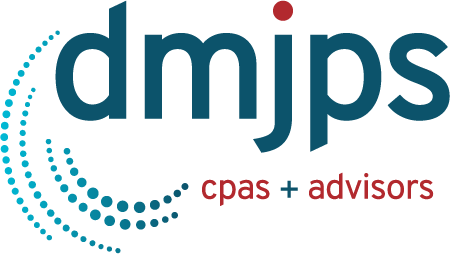For many companies and organizations, audits are an important part of mitigating risks, streamlining operations, and keeping business running smoothly. However, if your organization is preparing for a year-end audit, your team should be aware of some potential policy changes. With these considerations in mind, your organization can ensure a comprehensive and thorough audit as you move into another year of operations.
The Importance of Year-End Audits
In some instances, a year-end audit may be required by law. This is often the case for charitable nonprofit organizations, especially for organizations that receive federal funding or are under tax-exempt status. Even in cases where audits are not legally required, however, audits can be an excellent way to gain valuable insights into a company’s operations, finances and other important aspects of the business.
Performing a comprehensive audit (either internally or through an independent auditor) can also lead to more informed decision-making, improved risk mitigation, and greater operational efficiency. Audits are also important from a compliance standpoint, helping organizations review their own policies and procedures to ensure regulatory compliance.
Finally, for publicly traded companies, an audit can provide much-needed credibility and trust with stakeholders.
Special Considerations for 2025
Now that you understand the importance of year-end audits, your team should be aware of some unique considerations and circumstances as it prepares for either an internal audit or an independent third-party audit.
Potential Changes
With the new administration, several new policies and proposals have been made that could affect your company’s operations in a number of ways. Consider, for example, recent tariffs that the new administration has levied. These tariffs could significantly impact procurement costs, especially for businesses that import goods and materials from overseas to manufacture products.
These tariffs could affect gross margins for your business, which could notably impact sales, cash flow, and future projections. All of this needs to be taken into careful consideration during the auditing process.
It is also believed that the Trump administration will enact a pro-business agenda, which could increase certain business activities (such as mergers and acquisitions). If this is something that
your organization will be considering in the near future, then you’ll need to take special care during the auditing process to adjust valuation based on assets, liabilities and other factors.
Important Accounting Changes
In addition to potential policy changes forthcoming, it’s also important to note that some new accounting pronouncements enacted in 2025 could affect the auditing process for some businesses. This includes changes to:
- Segment reporting
- Accounting for and disclosure of crypto assets
- Income tax disclosures
- Expense disaggregation disclosures
Tips for a Successful Audit
With so many changes on the horizon, the processes that your team has used to conduct audits in the past may not be adequate to perform future audits. Staying on top of policy changes that could impact your business is the most important thing you can do to avoid challenges down the road. From there, taking the time to adjust auditing processes to align with the latest best practices may save you headaches and hassles down the road.
Another important step your organization can take when planning a year-end audit is maintaining solid documentation regarding every aspect of your company’s finances each month. By having everything properly documented with a long paper trail, you’ll have an easier time during your audit.
These days, plenty of tools and other resources are available to make your audit go a little more smoothly. Take advantage of financial closing software and other types of accounting software, for example, that can streamline the process for you. These platforms will also be up-to-date with the latest policies and best practices, saving you the hassle of keeping updated on every new law and policy yourself.
Finally, stay proactive about your auditing processes. Waiting until the last minute to request documentation or take other steps to prepare will likely create more problems for you. By being proactive and avoiding a last-minute time crunch, you can get through the process as smoothly as possible, regardless of whether you’re conducting your audit internally or working with a third party.
Time to Consult with a Professional?
Year-end audits aren’t anybody’s idea of a good time, but they’re essential to running a business. By keeping up-to-date on the latest accounting procedures and policy changes that could affect your business, as well as following industry best practices for completing an audit, you can enter the year with renewed confidence.
If you have any questions or want additional information, please contact DMJPS CPAs + Advisors.

